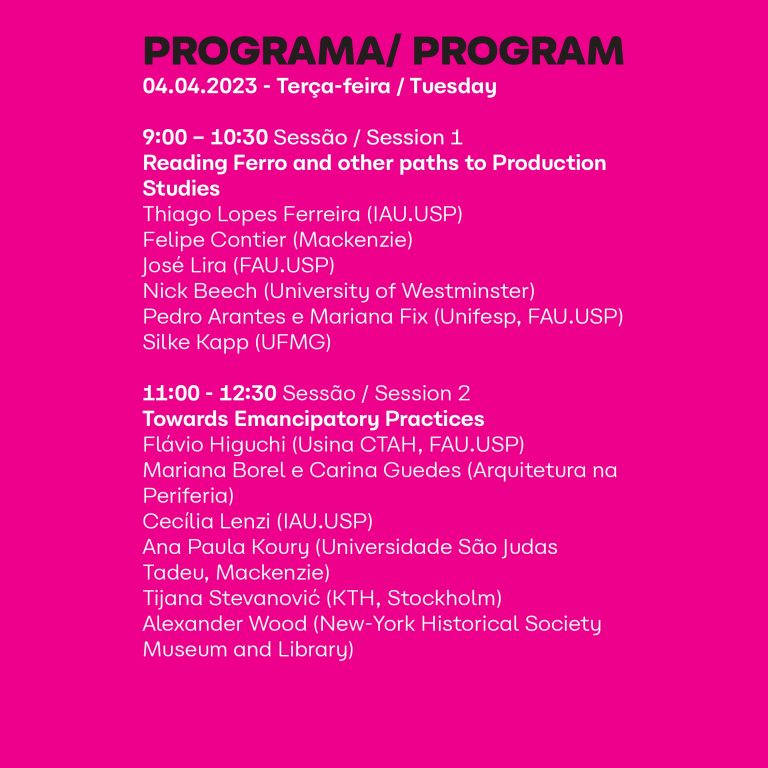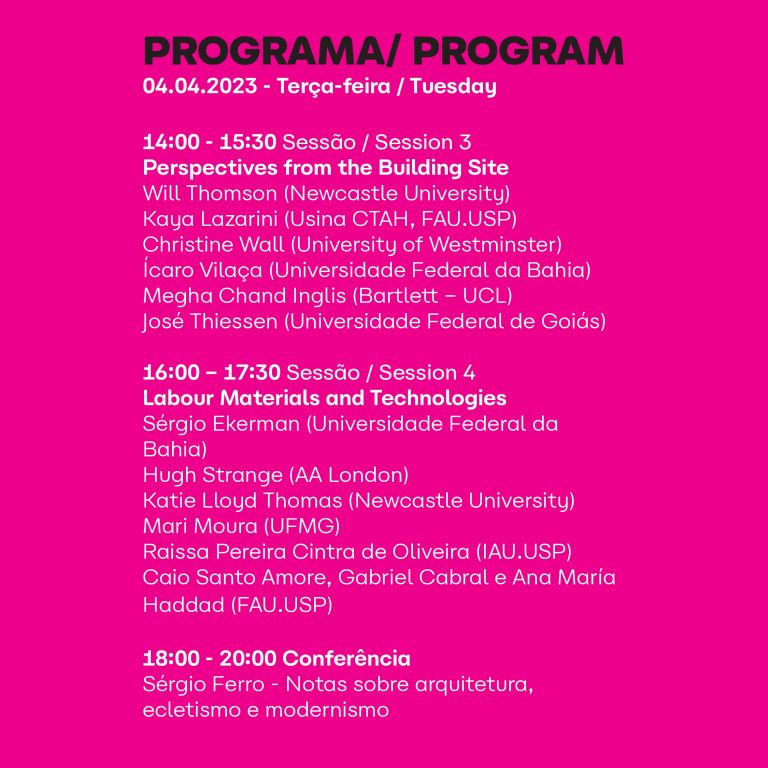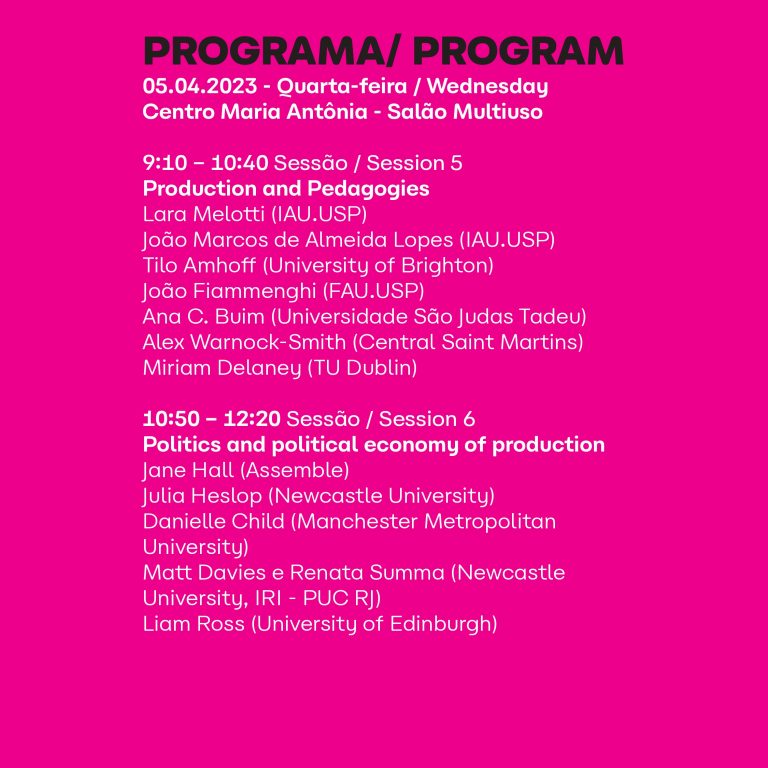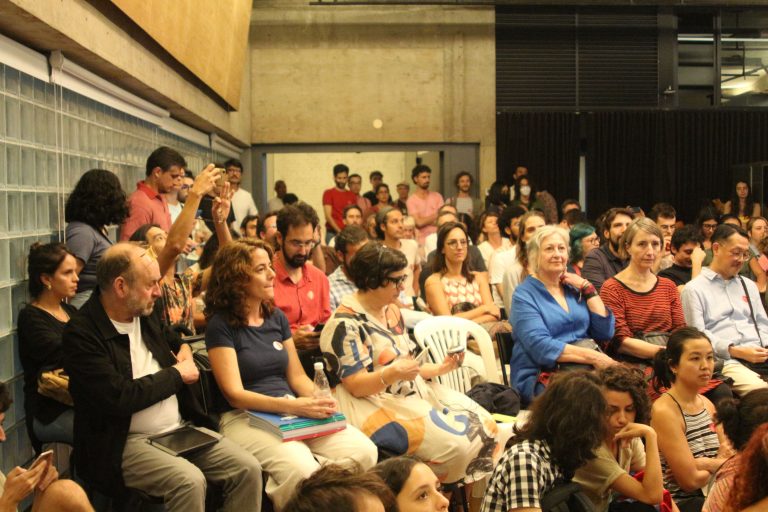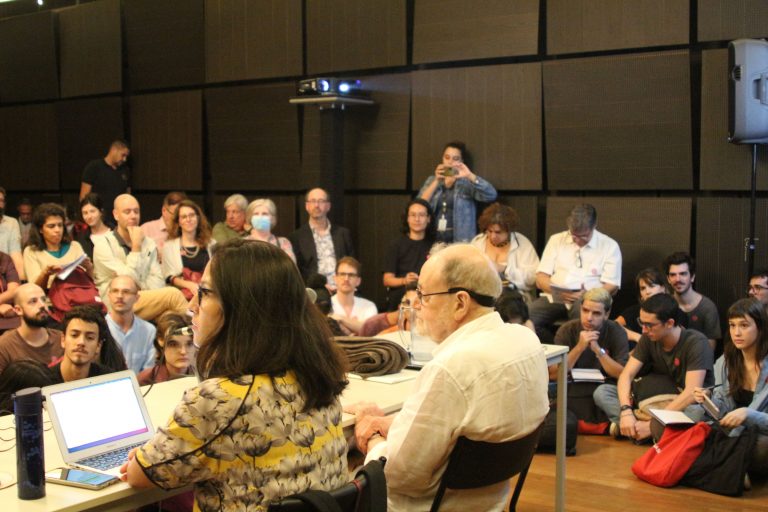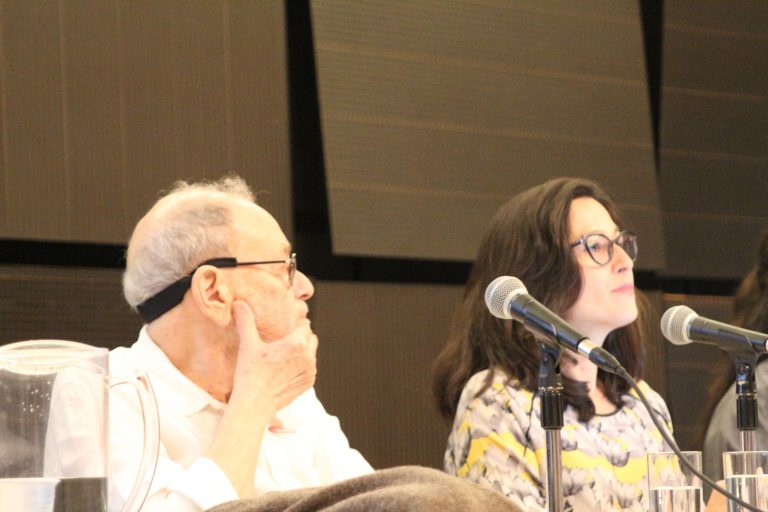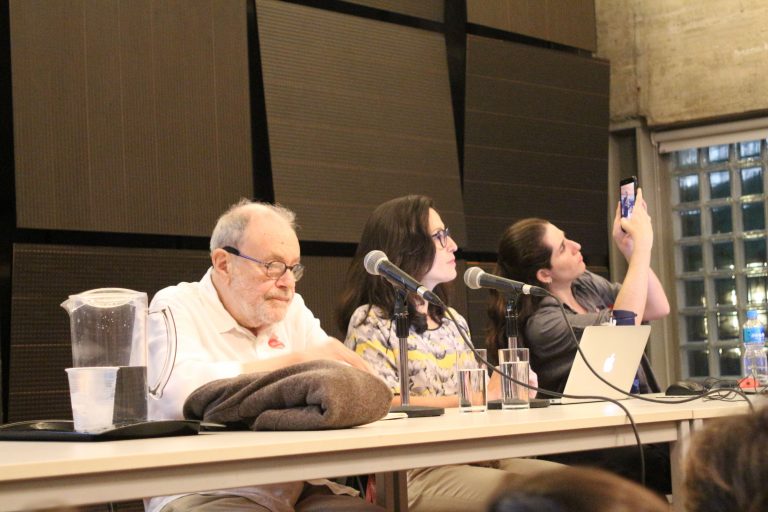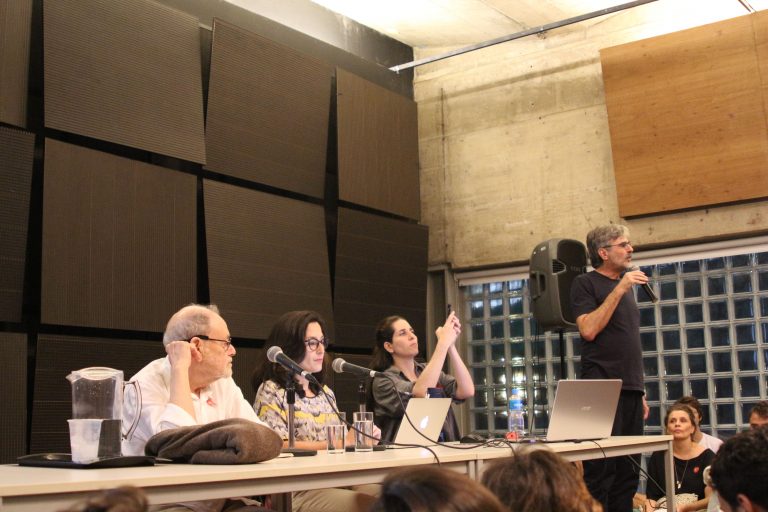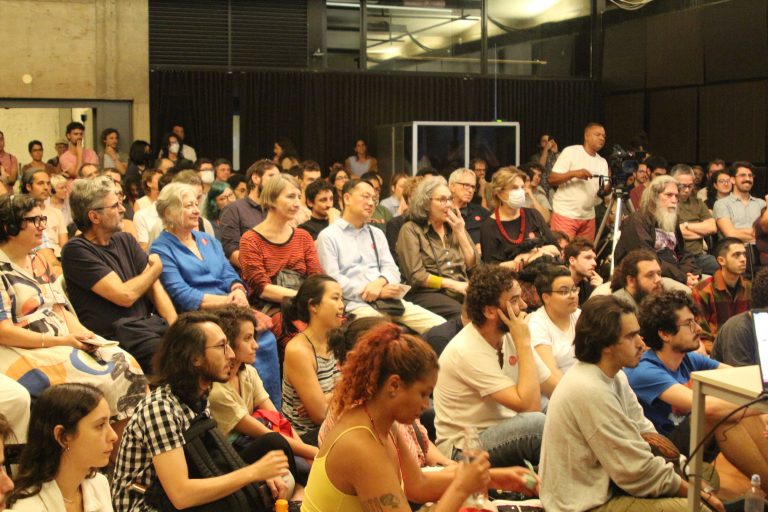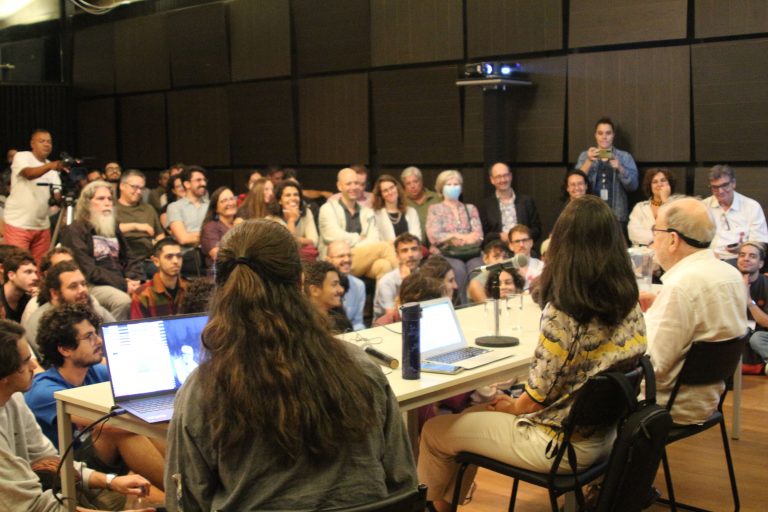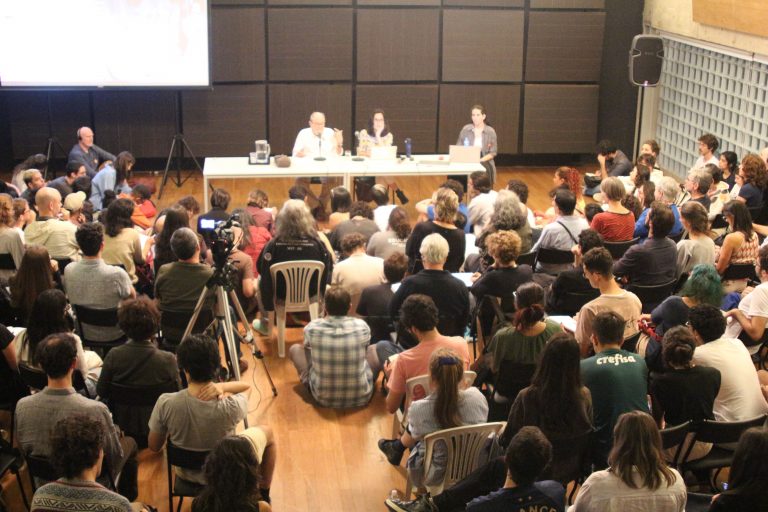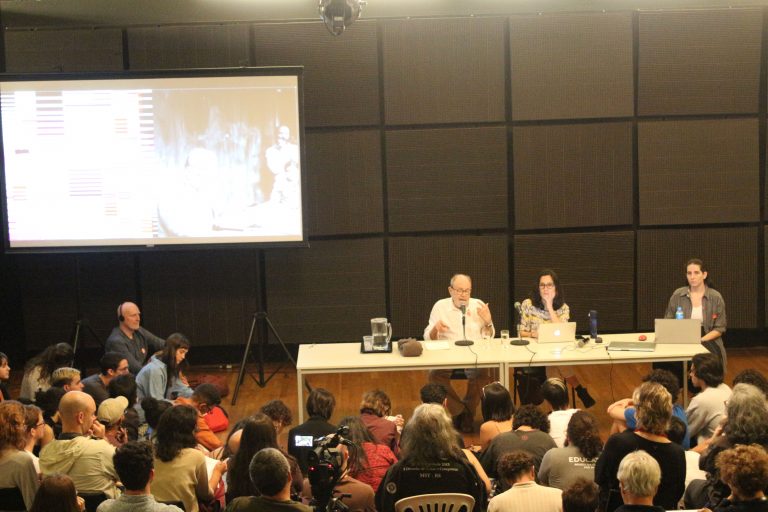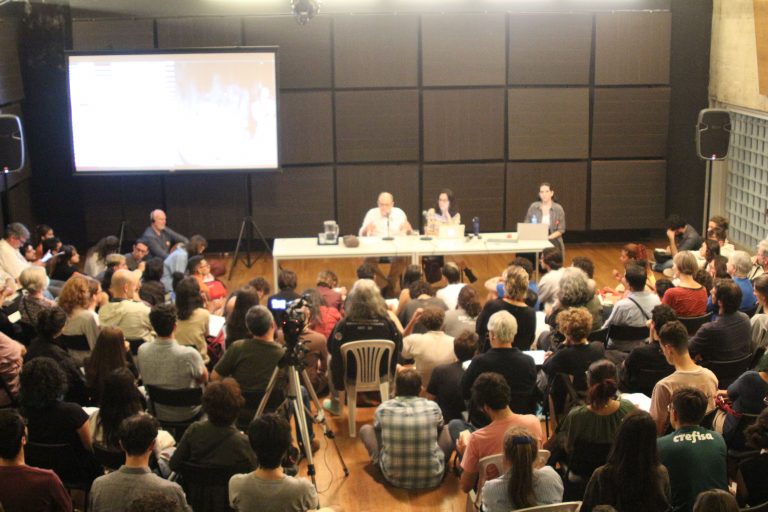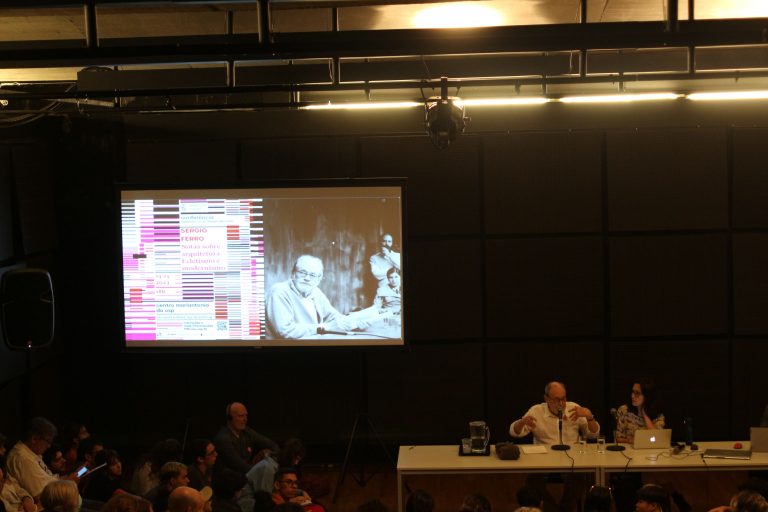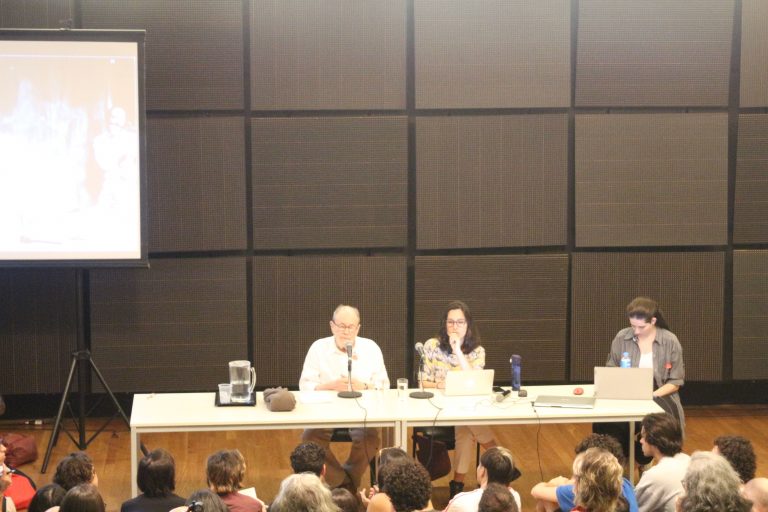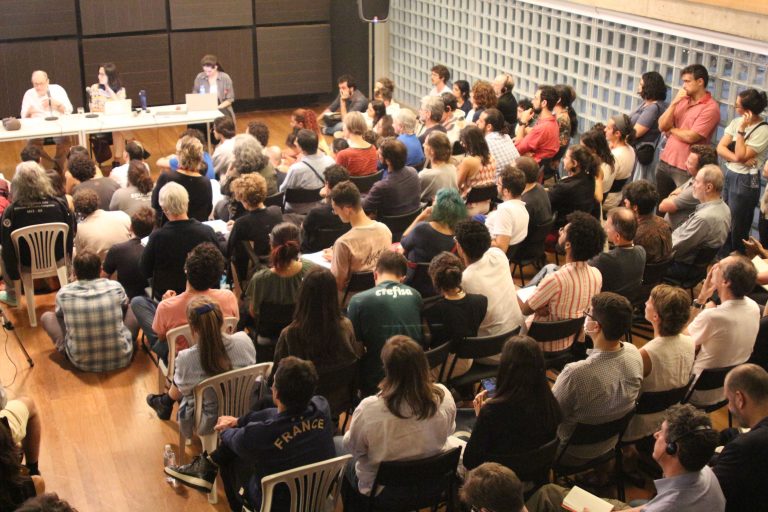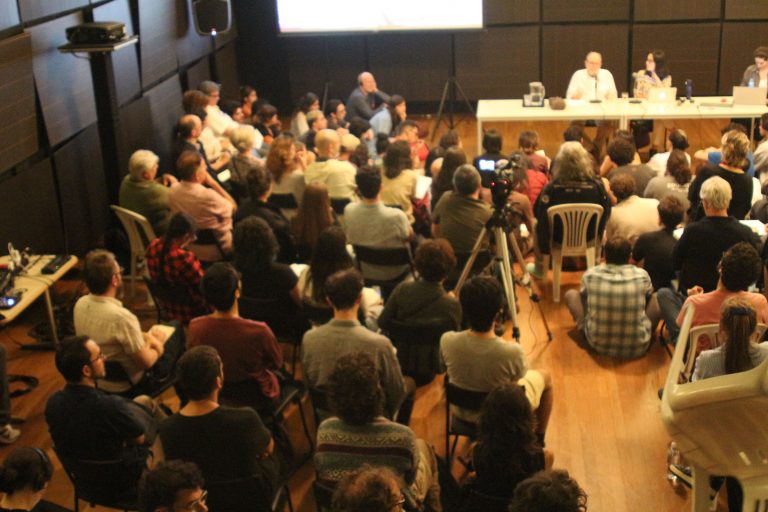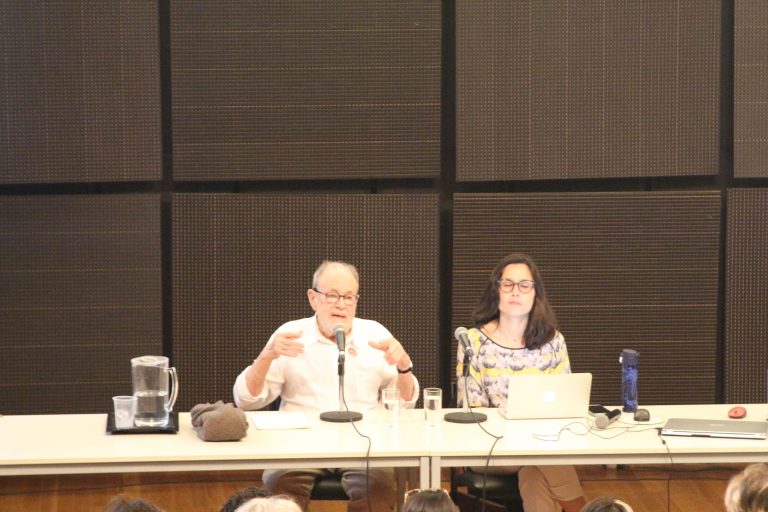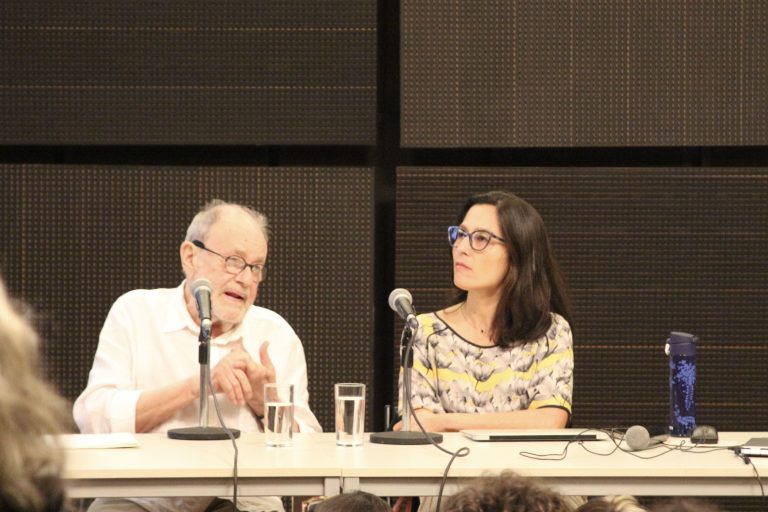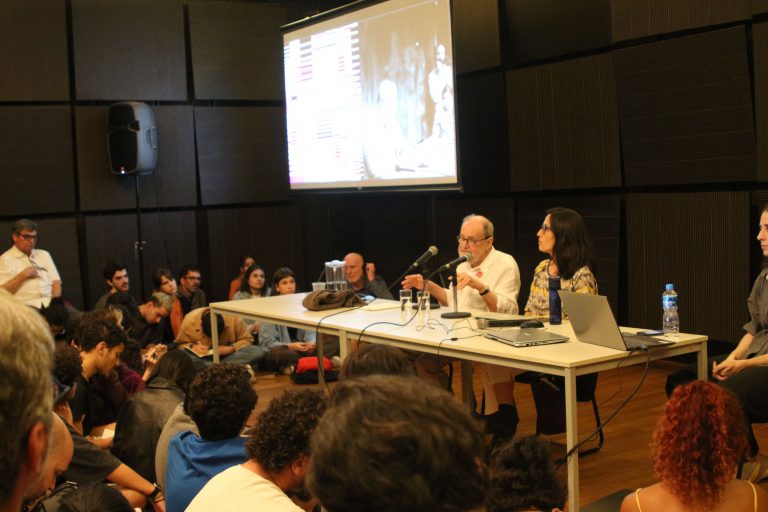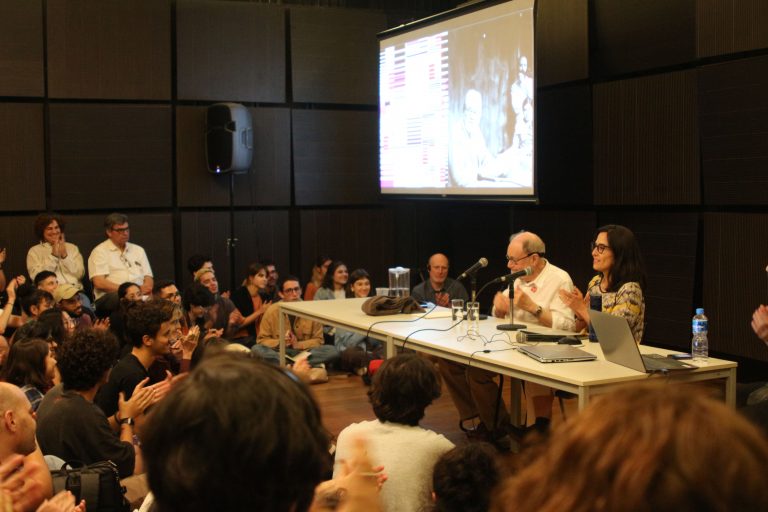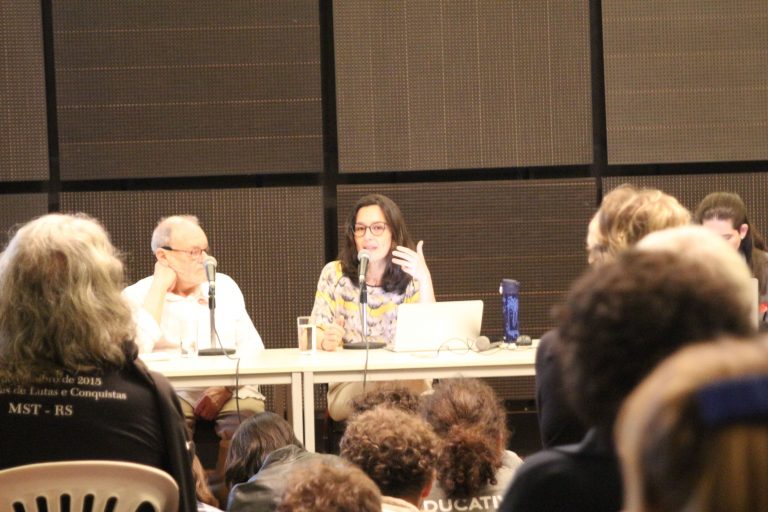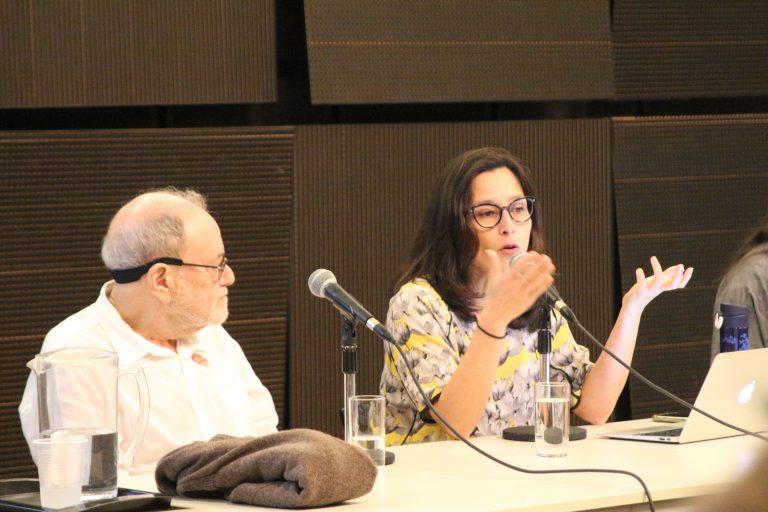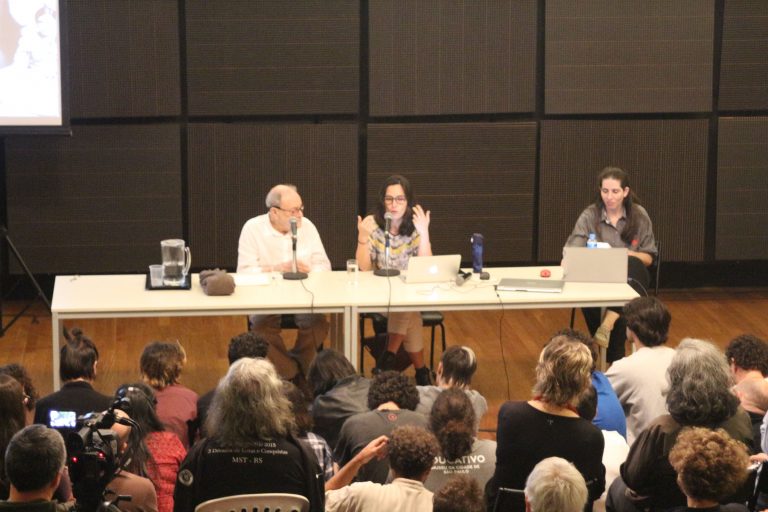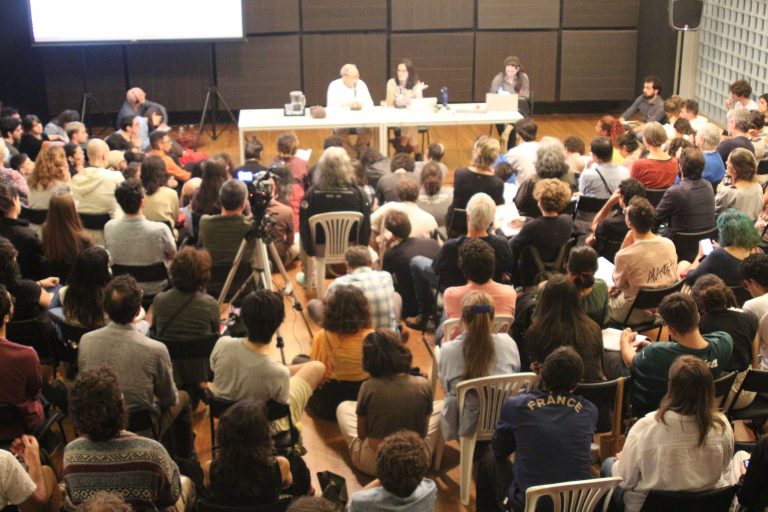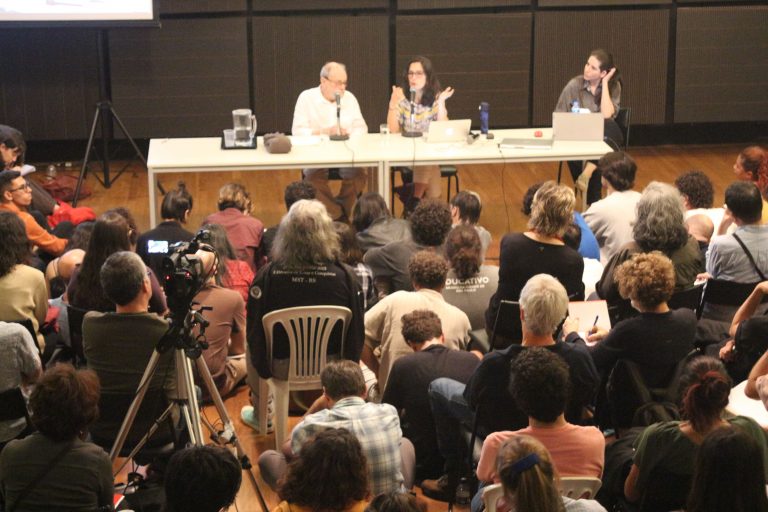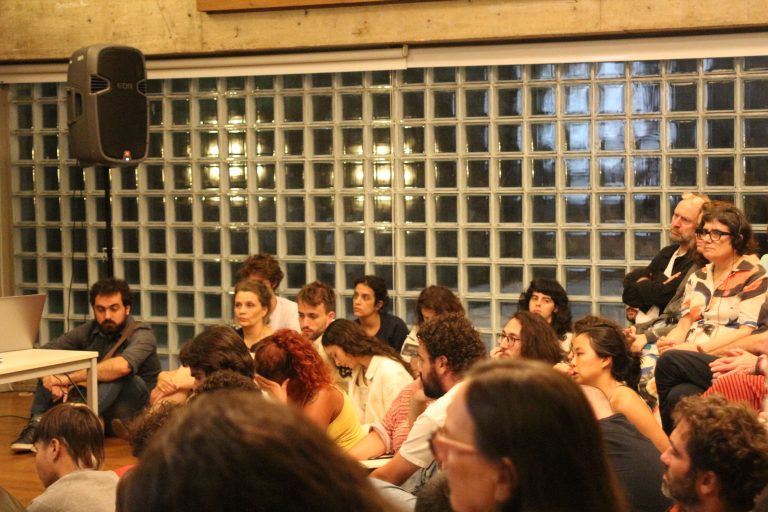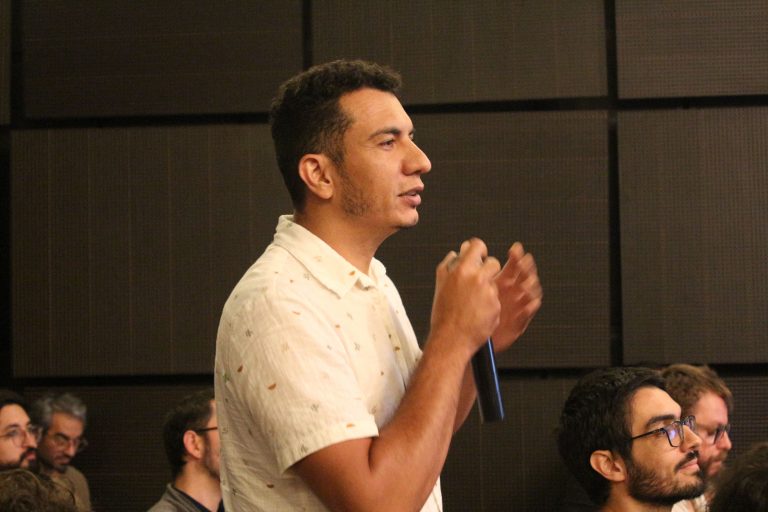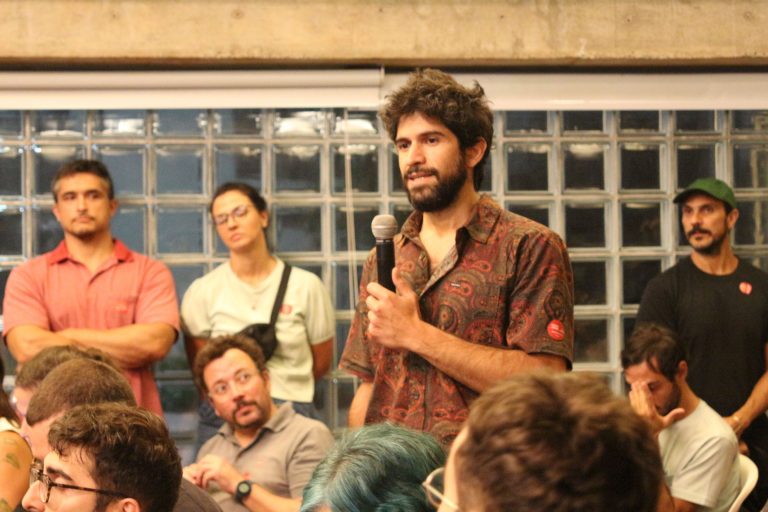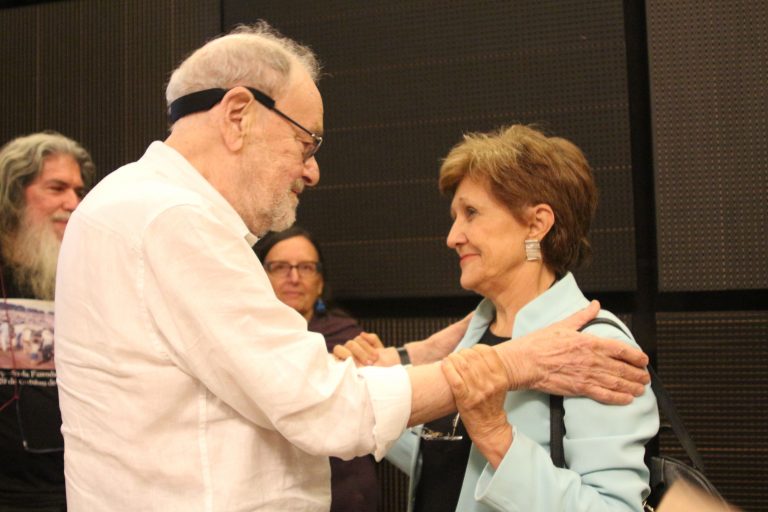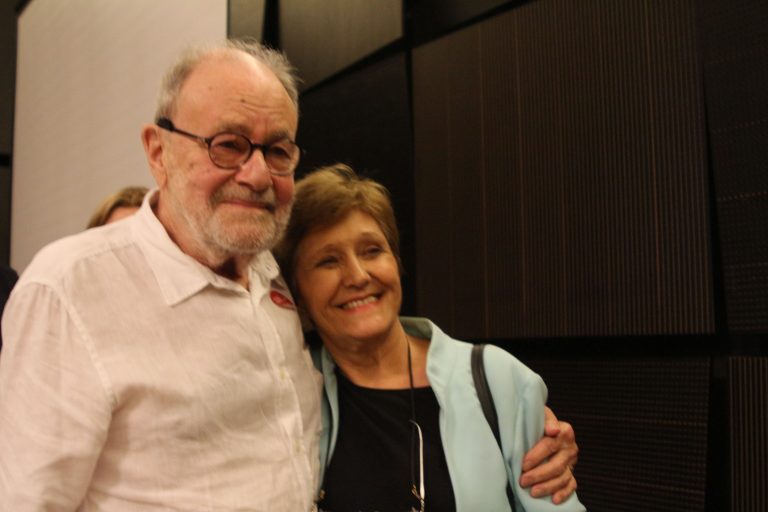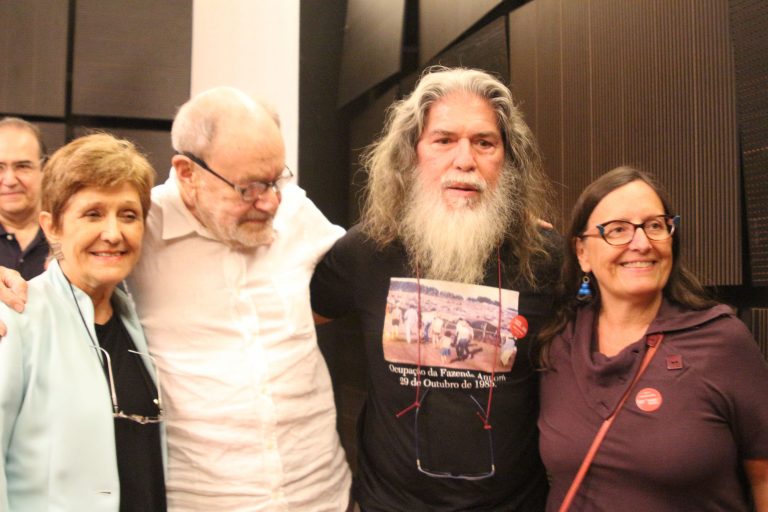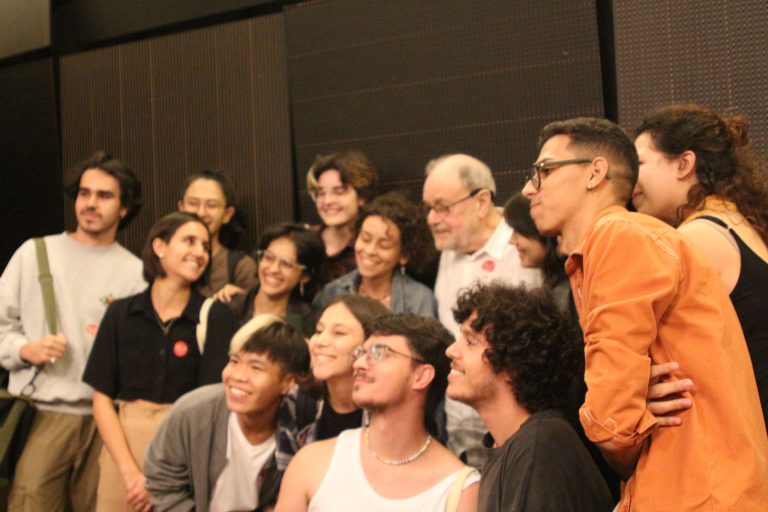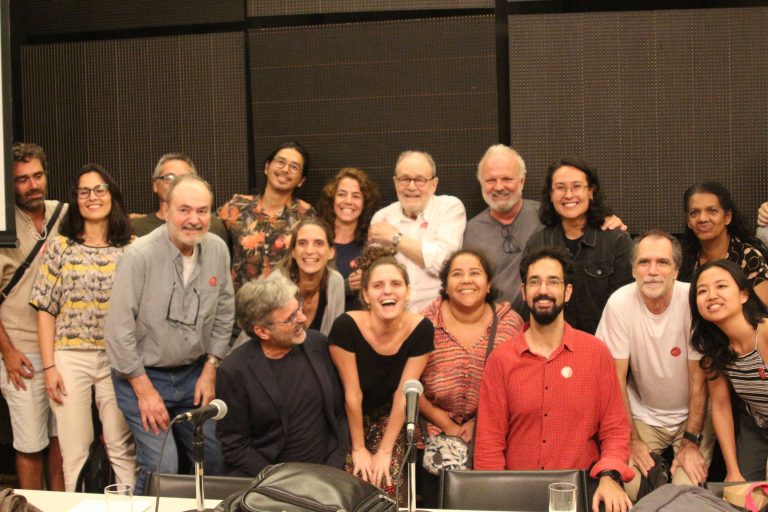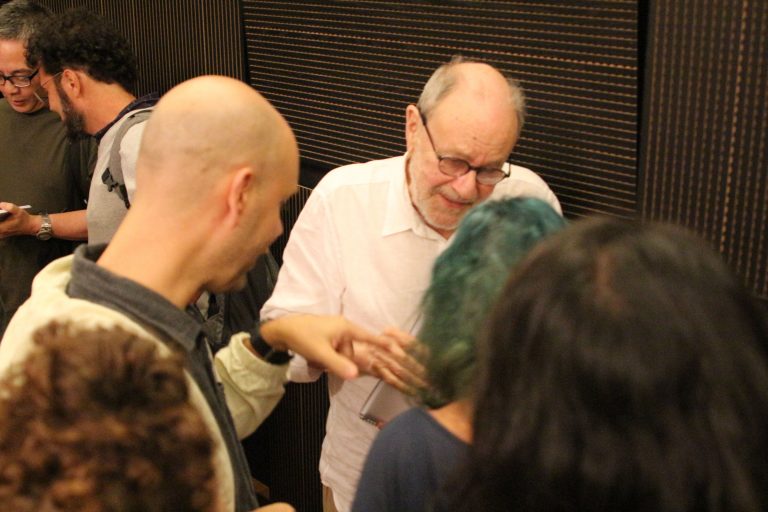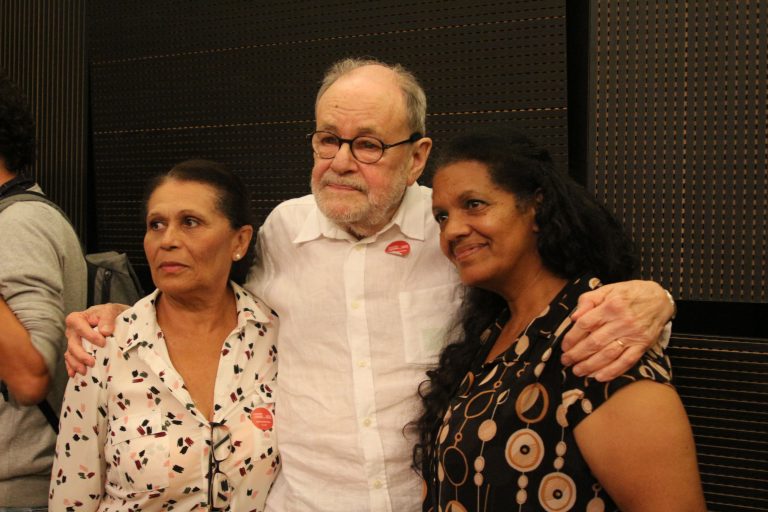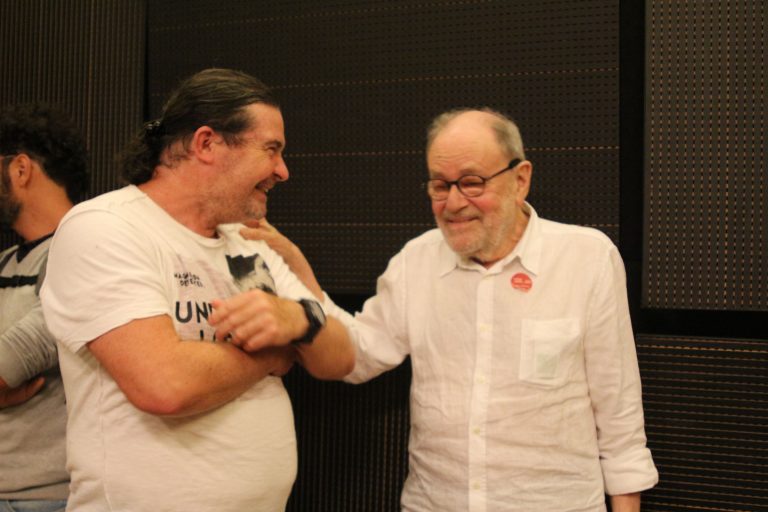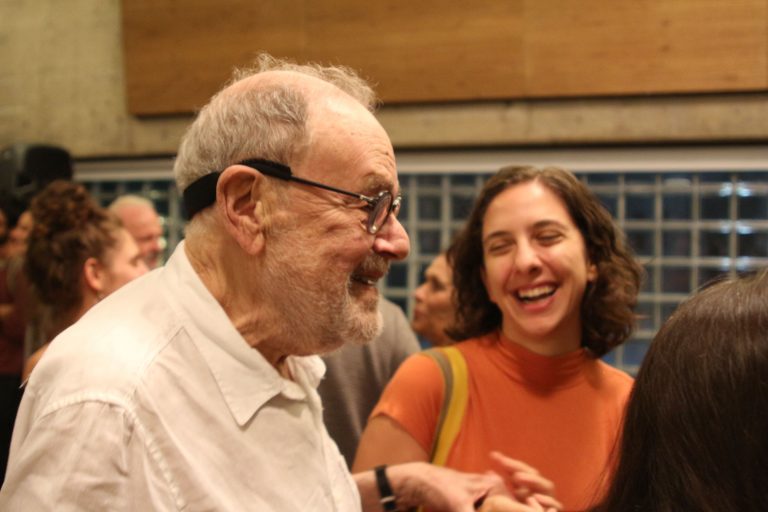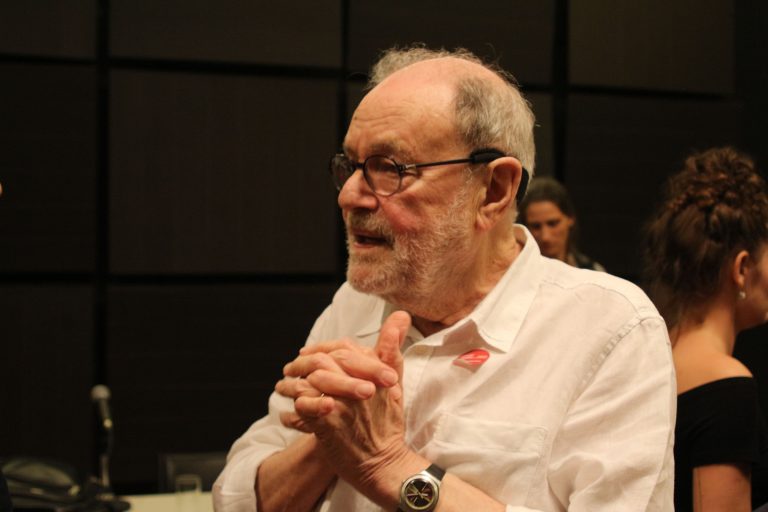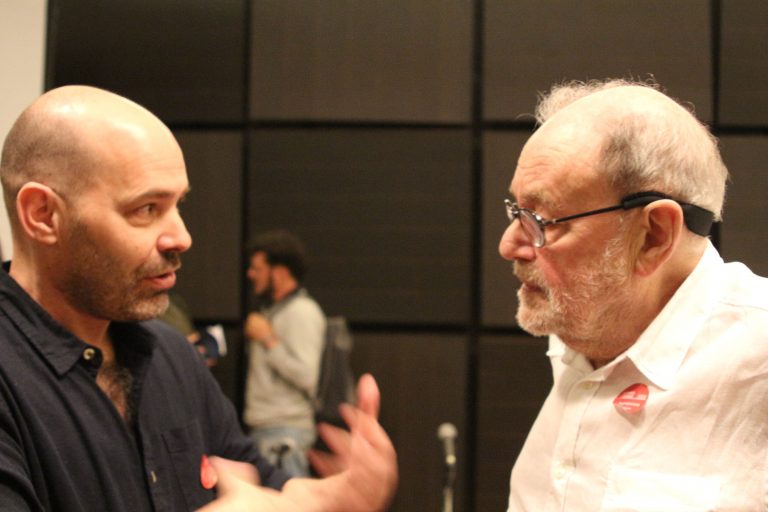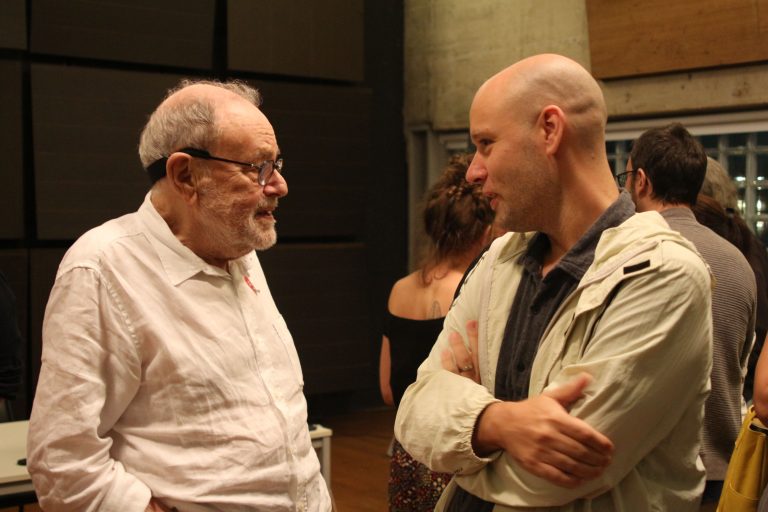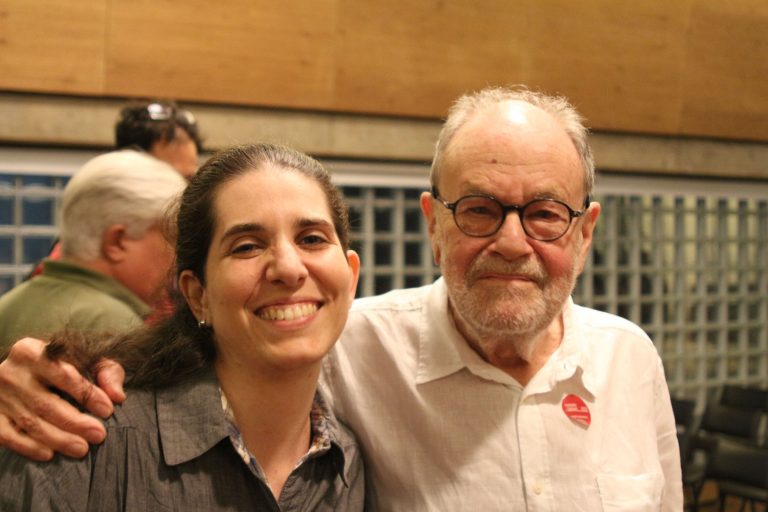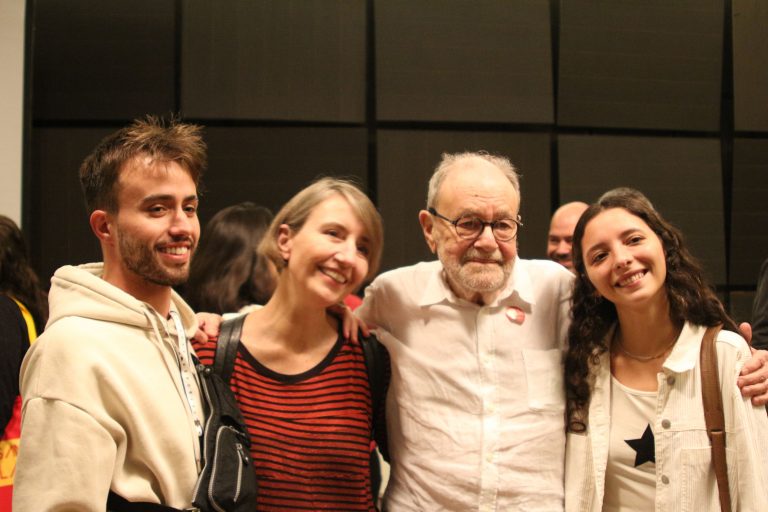The debate about architecture is usually focused on finished objects or on processes of projective invention considered as purely intellectual or aesthetic, autonomous from social praxis and productive injunctions. It is not easy to overcome this tendency, especially in the architect’s disciplinary and professional environment; despite the fact that architecture is a social art par excellence, collectively produced and appropriated, and always marked by the limits set by the dominant mode of production.
This symposium is part of the project “Translating Ferro/ Transforming Knowledge in Architecture, Project and Labor for a new field of Production Studies” (TF/TK), which was born from an international partnership between the Institute of Architecture and Urbanism of the University of São Paulo/ FAPESP and the School of Architecture and Planning of Newcastle University/ Arts and Humanities Research Council of the United Kingdom, directed towards the translation and editing into English of Sérgio Ferro’s written work. As such, it enters dialogue with the general purpose of contributing to the consolidation of another approach to architecture, one that, roughly speaking, is centered on the social-historical “production” of the things built– and no longer on the buildings themselves; on their material and human forces, rather than on their projectual or formal scope; on the contradictions between form and materiality, between product and productive process, and no longer on their supposed reconciling syntheses, crystallized in the finished product.
In this perspective, the concepts of Labor, Social Division, History, Technology, Material, Building Site, among others, are at the base of a broad critical revision of the architectural discipline, of the education of architects, of the constructive practices, and of the relations of production in the field. It is intended that the project may fertilize the soil for practices of knowledge and action engaged in social transformation, through more just and responsible alternatives in the face of worsening working conditions and the violent exploitation of the productive forces all over the planet.
The TF/TK project brings together a wide range of professors and researchers, linked to various universities around the world and to partner organizations from formal and informal construction sectors (such as Usina, Arquitetura na Periferia, Peabiru, the UMM, the Gaspar Garcia Center, RIBA, the Center for Construction, the William Morris Gallery), which converge in their resistance to the separation between theory and practice, and between design and construction, in order to bring research on production closer to the concrete production of the built environment.
The Symposium at Maria Antonia University Center of USP will bring together these efforts to recover “production studies” in their intellectual and practical capacity, that is, for what they can contribute both to the deepening of research in architecture through prisms derived from the theory of value, and to its practical, ethical and political dimension, , as an ingredient for the transformation of the technical and social division of labor.
Between the end of 2021 and the first half of 2022, face-to-face colloquia and remote workshops aimed at refining our common tools and perspectives in the field. Now, the aim is to collectively test some of our directions and results through a set of case studies that propose to feed the consolidation of an organized bibliography in the production studies of architecture, art and the city. Filling gaps in academic knowledge about the formal and informal production of the built environment; feeding approaches to works anchored in the social sciences, anthropology, political economy or social and cultural history; documenting historical experiments, public policies or the work of social movements, direct producers, technical advisors, organic intellectuals or alternative teaching and design involving production; these studies intend to ultimately consolidate this field of research and action, updating its theoretical coordinates and empirical objects, as well as its concrete ramifications in the production of the built environment. During 2024, alongside three volumes of Ferro’s works in English, a collection of texts and a new series of booklets will be launched, the first versions of which, translated into transversal themes, are the subject of this symposium.

SF LECTURE - TÍTULO DA PALESTRA
loren ipsum loren ipsum loren ipsum loren ipsum loren ipsum loren ipsum loren ipsum loren ipsum loren ipsum loren ipsum loren ipsum loren ipsum loren ipsum loren ipsum loren ipsum loren ipsum loren ipsum loren ipsum loren ipsum loren ipsum loren ipsum loren ipsum loren ipsum loren ipsum loren ipsum loren ipsum loren ipsum loren ipsum loren ipsum loren ipsum loren ipsum loren ipsum loren ipsum loren ipsum loren ipsum loren ipsum loren ipsum loren ipsum loren ipsum loren ipsum loren ipsum loren ipsum loren ipsum loren ipsum loren ipsum loren ipsum loren ipsum loren ipsum loren ipsum loren ipsum loren ipsum loren ipsum loren ipsum loren ipsum loren ipsum loren ipsum loren ipsum loren ipsum loren ipsum loren ipsum loren ipsum loren ipsum loren ipsum loren ipsum loren ipsum loren ipsum loren ipsum loren ipsum loren ipsum loren ipsum loren ipsum loren ipsum loren ipsum loren ipsum loren ipsum loren ipsum loren ipsum loren ipsum loren ipsum loren ipsum loren ipsum loren ipsum loren ipsum loren ipsum loren ipsum loren ipsum loren ipsum loren ipsum loren ipsum

